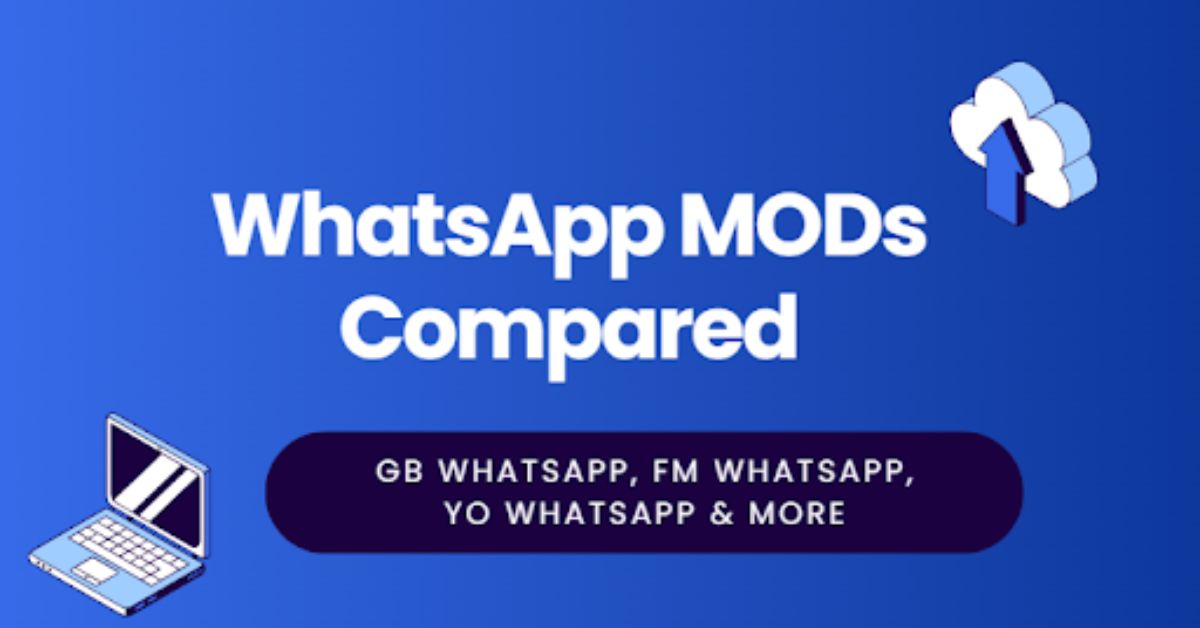You’re not lazy. You’re not disorganized. You’re just overloaded. Most people are. The modern professional juggles notifications, emails, calls, meetings, project deadlines, and a never-ending list of things to do, remember, and follow up on. And despite all the “productivity” apps installed on every device, studies show productivity has only increased 1.4% annually over the last decade—a pace slower than expected in the digital age. Why? Because most people are using the wrong tools.
Some tools—although marketed well—are simply bells and whistles. Others, hidden in plain sight or overshadowed by louder tech trends, are quietly revolutionizing how we work. You probably haven’t heard of half of them. And if you have, you’re probably not using them right.

1. iCall – Capture Conversations That Count
Enter iCall. A tool that looks deceptively simple but carries serious utility beneath the surface. With just a tap, iCall lets you record incoming and outgoing calls with crystal-clear audio. In fact, a call recording app is useful for almost everyone: from freelancers and journalists to those who run a household and don’t want to remember an entire list of goods. In a world where most deals begin verbally, recording calls is a lifesaver and the only way to maintain the accuracy of the contract.
In a landscape where voice communication remains king—even with email and chat—iCall turns fleeting dialogue into durable, usable knowledge. It’s like having a perfect memory for everything important anyone ever said to you on the phone. That’s not just productive. That’s power.
2. Notion – The Everything Organizer
Call it a notebook. Call it a dashboard. Call it a second brain. Notion is the tool that doesn’t tell you what to do—it becomes what you need. Want a task manager? A habit tracker? A content calendar? Notion morphs into any of these with ease.
Unlike traditional to-do lists that trap you in checkboxes, Notion offers flexible structure—databases, boards, pages within pages—that mimics how your brain actually stores information. Use it solo or invite your entire team into the workspace. You’ll wonder how you ever lived without it.
People who consistently use Notion report a 30% increase in project completion rates, based on internal usage metrics shared by productivity consultants. It’s less about magic, more about creating a system that actually makes sense to you.
3. Forest – When Focus Needs Roots
Ever find yourself reaching for your phone just to scroll, again? Forest takes that impulse and throws a digital tree in your face—literally. Set a focus timer, and a tree starts growing. Pick up your phone before time’s up, and the tree dies. Brutal? Maybe. Effective? Unquestionably.
This quirky app turns attention into something visual. Real trees are even planted through its partnership with Trees for the Future—over 1.6 million as of 2024. It’s a small action with a tangible impact. Every focused work session not only boosts your output but also contributes to reforestation efforts. Talk about win-win.
4. Motion – Scheduling’s Smart Twin
You think you know how to plan your day? Motion thinks it can do it better. Spoiler: it probably can. Instead of you manually blocking time and juggling calendars, Motion uses AI to rearrange your schedule dynamically based on deadlines, meetings, and your actual work habits.
Suddenly, your 3-hour block of “deep work” doesn’t collide with a last-minute team sync. Your email replies get slotted in between calls. Your planning muscle gets a break. Users claim they save an average of 2 hours per day, just by letting Motion take over their calendar chaos.
The interface is sleek. The automation is ruthless—in the best way. It doesn’t just manage time; it respects it.

5. TextExpander – The Typing Time Machine
How many times have you typed “Let me know if you have any questions” this week? Probably too many. TextExpander stops that madness. Assign a snippet (say, lmkq) and it instantly expands into that full sentence. Multiply that by dozens of phrases, links, addresses, and customer replies you type daily, and suddenly you’ve bought back hours of your life.
It’s not just for customer service reps. Lawyers, doctors, marketers, and freelancers all benefit. According to the company, heavy users save up to 30 hours per month. That’s nearly a full workweek just by typing smarter.
6. Cold Turkey – The Nuclear Option for Distraction
If sheer willpower isn’t cutting it, go nuclear. Cold Turkey blocks apps, websites, even the whole internet, if needed. You set the parameters. You decide what you can’t access—and for how long. Once it’s locked, there’s no going back.
It’s not about punishment. It’s about boundaries. If your brain’s default mode is browser-tab roulette, Cold Turkey slams the door shut until the job’s done. It’s the tool for when focus isn’t optional anymore.
7. Toggl Track – Time Is a Mirror
Ever felt like the day slipped through your fingers? Toggl Track tells you where the time actually went. It’s a lightweight time-tracking tool that doesn’t feel like a chore. Start a timer with one click. Break projects into clients, tasks, tags. Then, boom—reports. Beautiful, color-coded clarity.
What do you think takes an hour? Actually it takes three. That “quick email check”? Maybe 45 minutes. Knowing the truth isn’t always fun. But it’s the only way to fix it. Time awareness leads to time control.
Final Thoughts: It’s the Little Things
Here’s the kicker: None of these tools scream productivity in the traditional sense. They don’t flash timers or shout motivational quotes. They just work. Quietly. Precisely. They solve the small pain points that collectively drain your energy, time, and focus.
And once you use them—really use them—you won’t just be more productive. You’ll feel lighter. Less scattered. Like you’re finally back in the driver’s seat. Because true productivity isn’t about doing more. It’s about removing friction so you can do what actually matters.
These tools to boost productivity aren’t just extras—they might be exactly what you’ve been missing.











